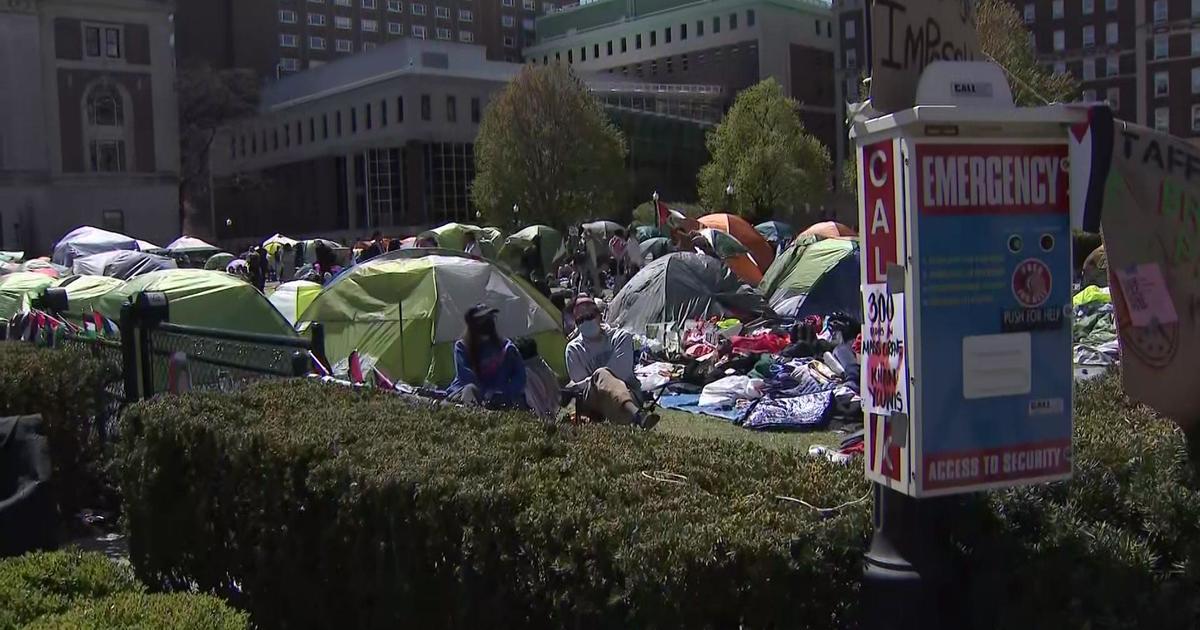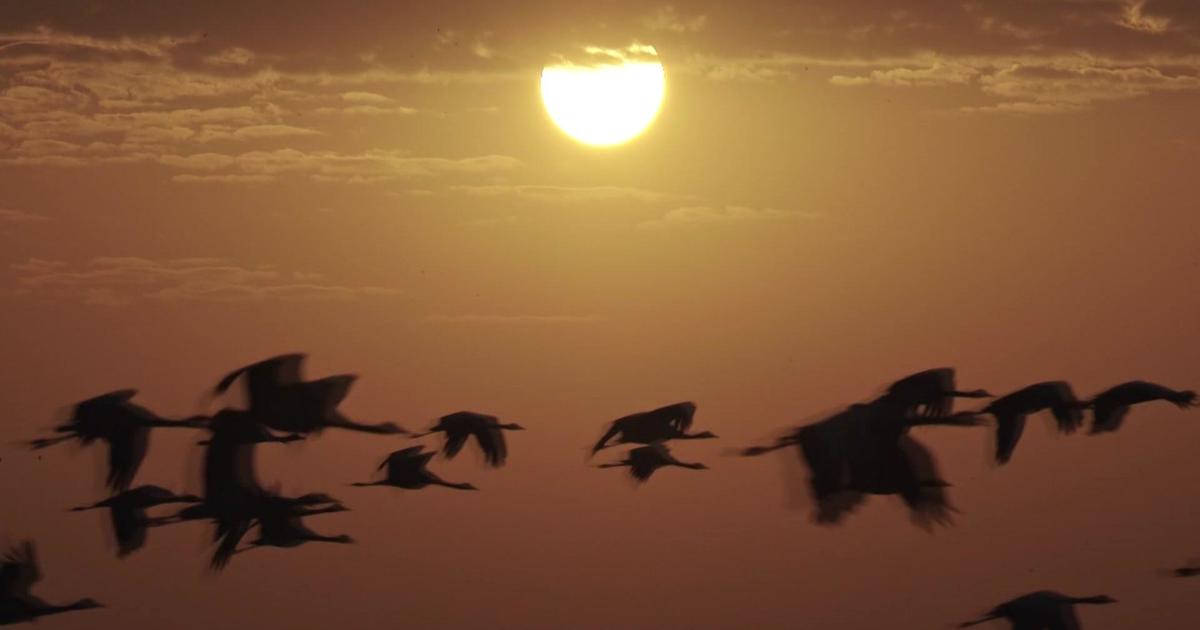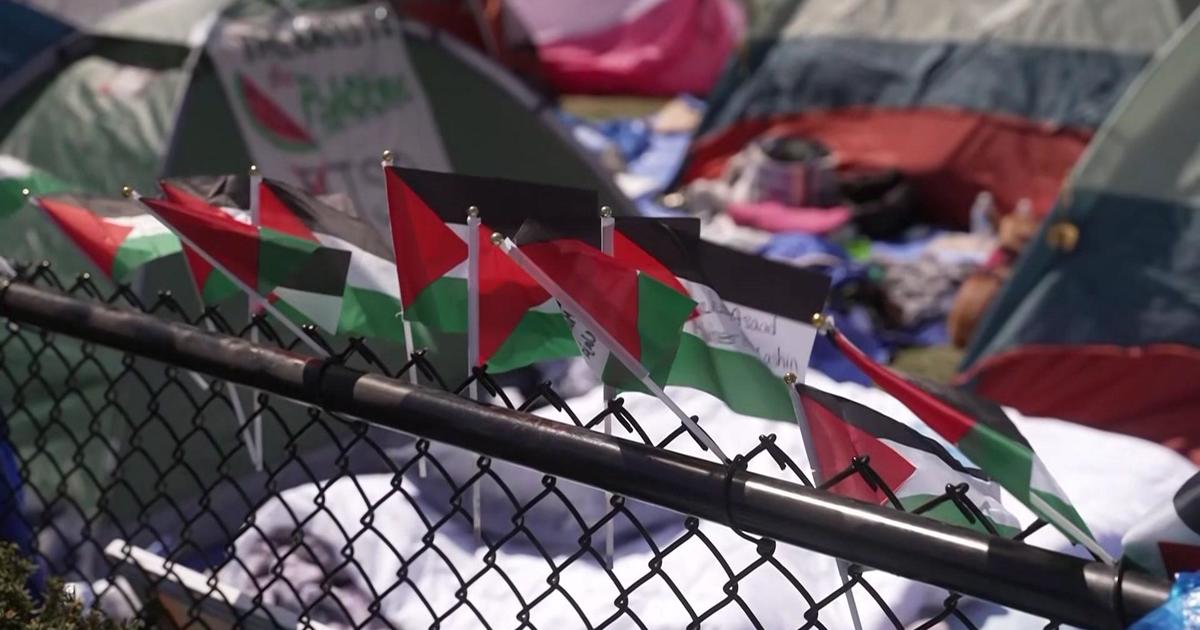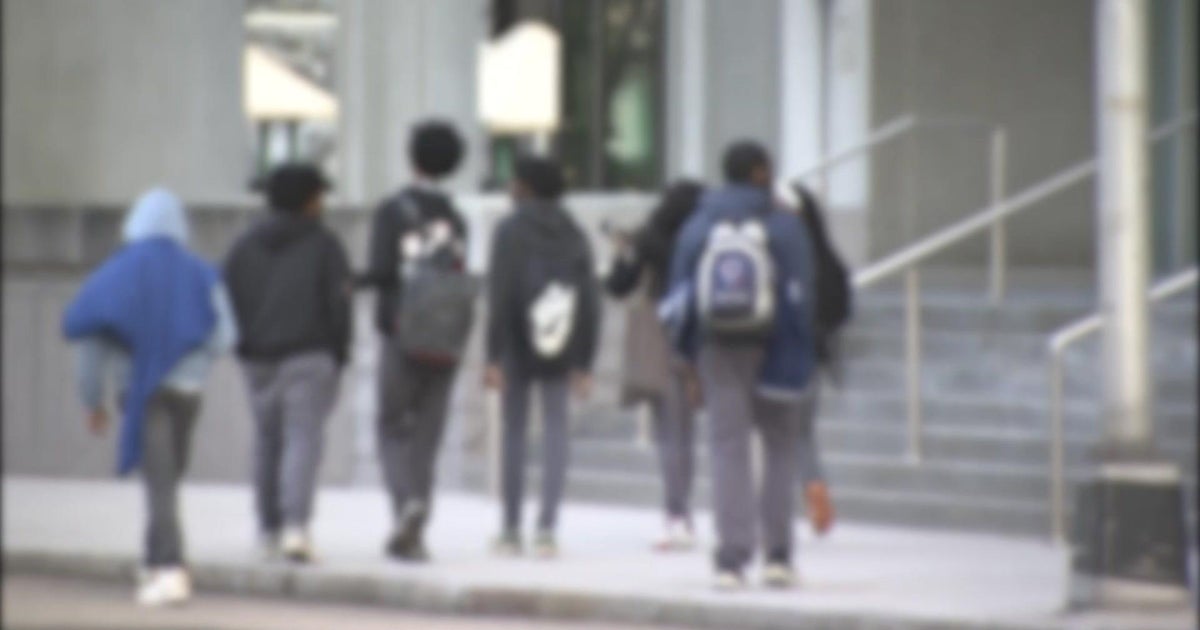Christie Slams Obama, Says U.S. Should Not Be Taking Cuba Off Of Terror Watchlist
NEW YORK (CBSNewYork/AP) -- On the same day the Obama administration formally removed Cuba from a U.S. terrorism blacklist, New Jersey Gov. Chris Christie decried the decison.
"The United States should not be taking Cuba off the terrorist watchlist while we are still in the midst of negotiating details to restore full diplomatic relations," Christie said in a statement. "The condition for which Cuba is able to join the rest of the civilized world must rest on the country's commitment to hand over every terrorist currently being harbored, starting with Joanne Chesimard who executed New Jersey State Trooper Werner Foerster and escaped custody."
"While President Obama gave away normalization months ago, we must force formal requests for extradition of wanted criminals and human rights demands each step of the way before additional diplomatic rights are granted," Christie added. "President Obama's failure to require justice in giving away the terrorist sponsorship designation is an unacceptable offense to the family of the fallen New Jersey State Trooper and every other wanted criminal that still lives freely in Cuba today."
The decision was hailed in Cuba as the healing of a decades-old wound and an important step toward normalizing relations between the Cold War foes.
Secretary of State John Kerry signed off on rescinding Cuba's "state sponsor of terrorism'' designation exactly 45 days after the Obama administration informed Congress of its intent to do so on April 14.
Lawmakers had that amount of time to weigh in and try to block the move, but did not do so.
"The 45-day congressional pre-notification period has expired, and the secretary of state has made the final decision to rescind Cuba's designation as a state sponsor of terrorism, effective today, May 29, 2015,'' the State Department said in a statement.
"While the United States has significant concerns and disagreements with a wide range of Cuba's policies and actions, these fall outside the criteria relevant to the rescission of a state sponsor of terrorism designation,'' the statement said.
The step comes as officials from the two countries continue to hash out details of restoring full diplomatic relations, including opening embassies in Washington and Havana and returning ambassadors to the two countries for the first time since the U.S. severed diplomatic relations with the island in January 1961. The removal of Cuba from the terrorism list had been a key Cuban demand.
The Cold War-era designation was levied mainly for Cuba's support of leftist guerrillas around the world and isolated the communist island from much of the world financial system because banks fear repercussions from doing business with designated countries. Even Cuba's Interests Section in Washington lost its bank in the United States, forcing it to deal in cash until it found a new banker this month.
"We welcome today's announcement by the Secretary of State, which is another step forward toward a more normal and productive relationship between the United States and the Cuban people,'' a White House blog post said Friday.
"For 55 years, we tried using isolation to bring about change in Cuba,'' it said. "But by isolating Cuba from the United States, we isolated the United States from the Cuban people and, increasingly, the rest of the world. Through this new approach of engagement, we are finally in a position to advance our interests while simultaneously improving the lives of the Cuba people.''
The terror list was a particularly charged issue for Cuba because of the U.S. history of supporting exile groups responsible for attacks on the island, including the 1976 bombing of a Cuban passenger flight from Barbados that killed 73 people aboard. The attack was linked to Cuban exiles with ties to U.S.-backed anti-Castro groups and both men accused of masterminding the crime took shelter in Florida, where one, Luis Posada Carriles, currently lives.
"I think this could be a positive act that adds to hope and understanding and can help the negotiations between Cuba and the United States,'' said director Juan Carlos Cremata, who lost his father in the 1976 bombing.
"It's a list we never should have been on,'' said Ileana Alfonso, 57, who also lost her father in the attack.
U.S. and Cuban officials have said the two sides are close to resolving the final issues but the most recent round of talks ended last Friday with no announcement of an agreement.
Even as many of the biggest hurdles, including the terrorism designation, have been cleared, Washington and Havana are still wrangling over American demands that its diplomats be able to travel throughout Cuba and meet with dissidents without restrictions. The Cubans are wary of activity they see as destabilizing to their government.
Both the U.S. and Cuba say the embassies are a first step in a larger process of normalizing relations. That effort would still have to tackle bigger questions such as the embargo, which only Congress can fully revoke, as well as the future of the U.S. military prison at Guantanamo Bay and Cuba's democracy record.
(TM and © Copyright 2015 CBS Radio Inc. and its relevant subsidiaries. CBS Radio and EYE Logo TM and Copyright 2015 CBS Broadcasting Inc. Used under license. All Rights Reserved. This material may not be published, broadcast, rewritten or redistributed. The Associated Press contributed to this report.)



